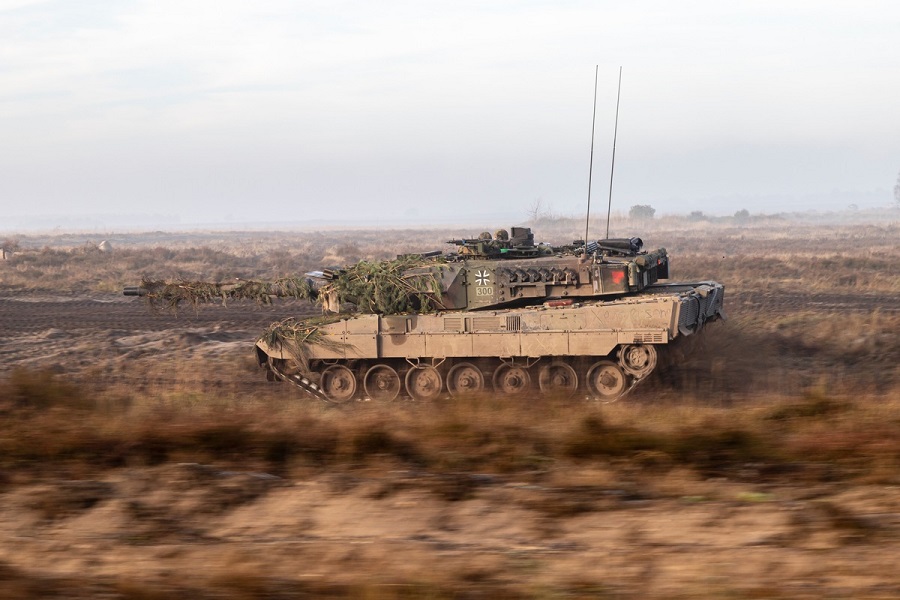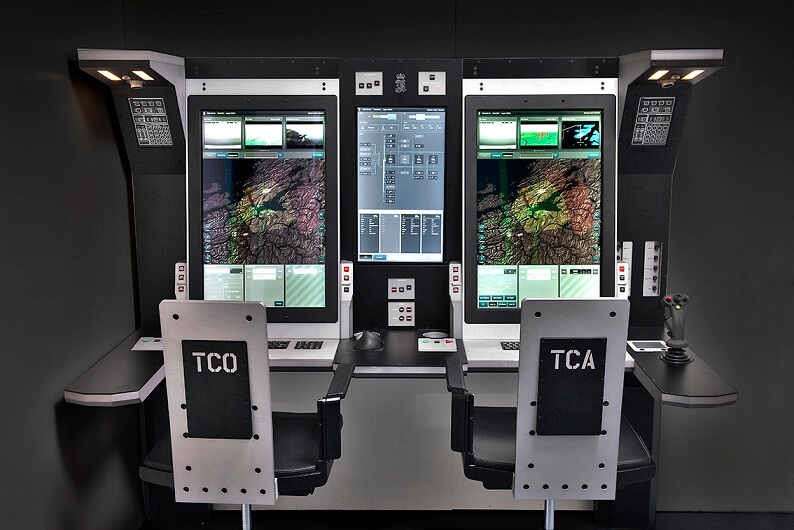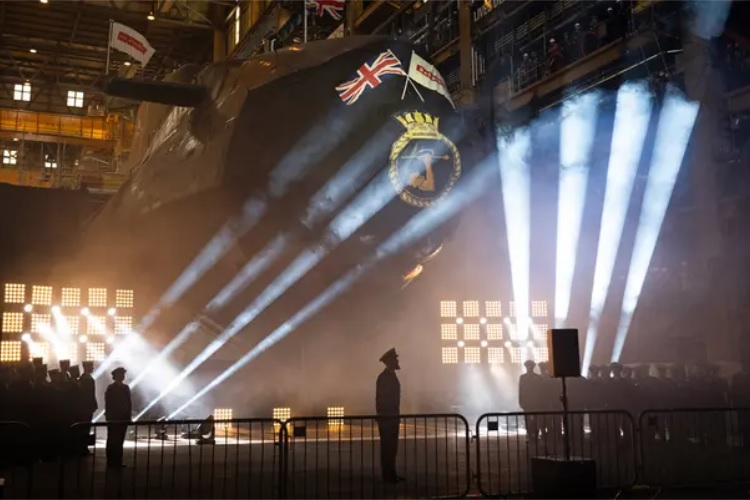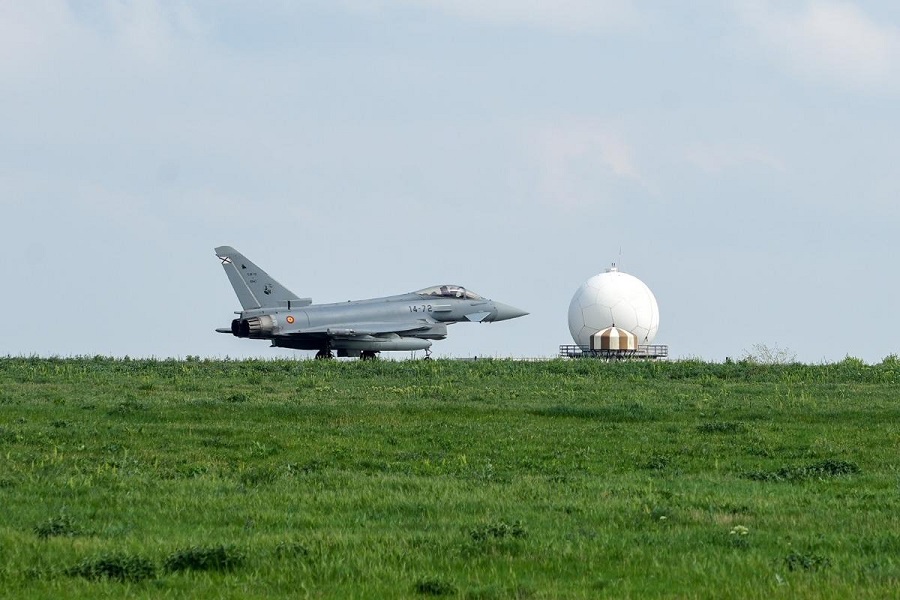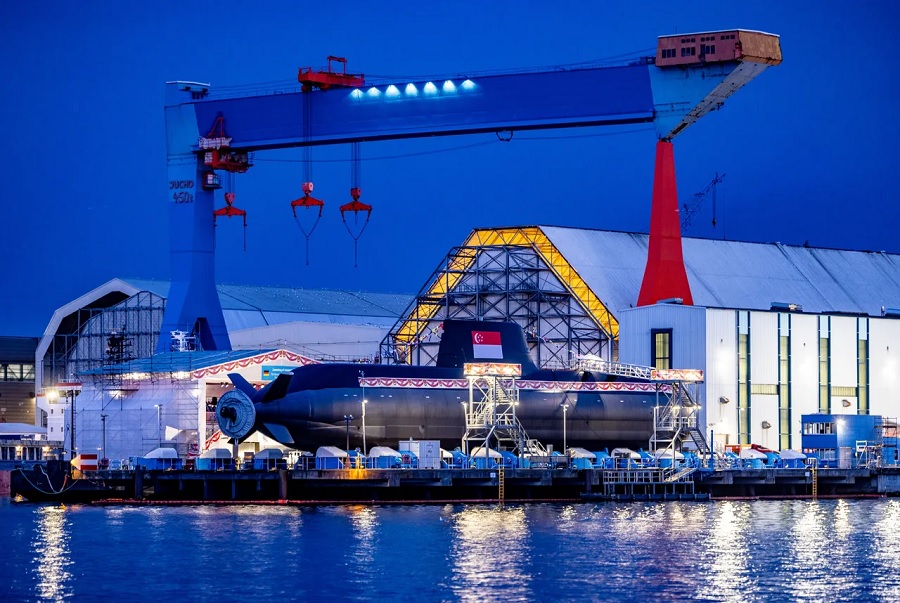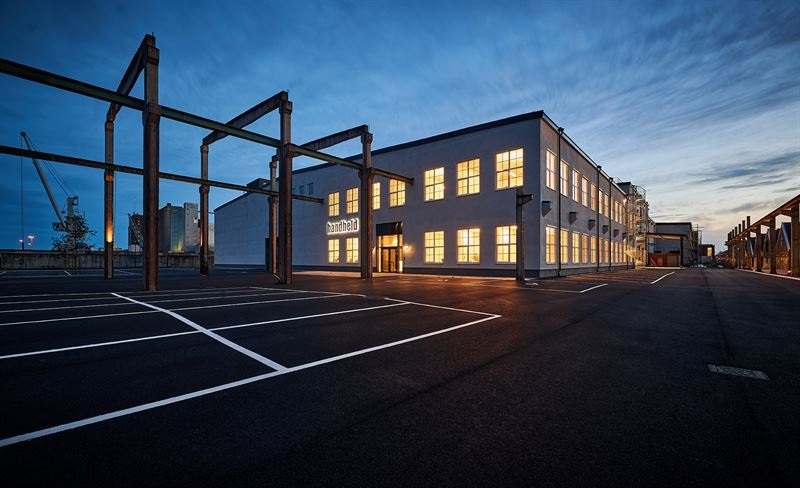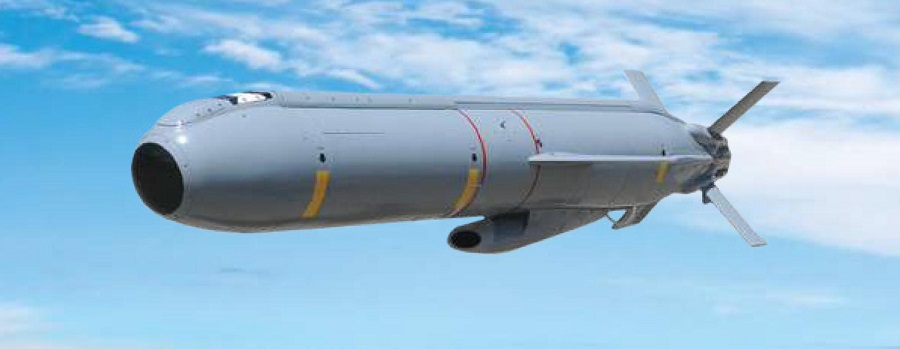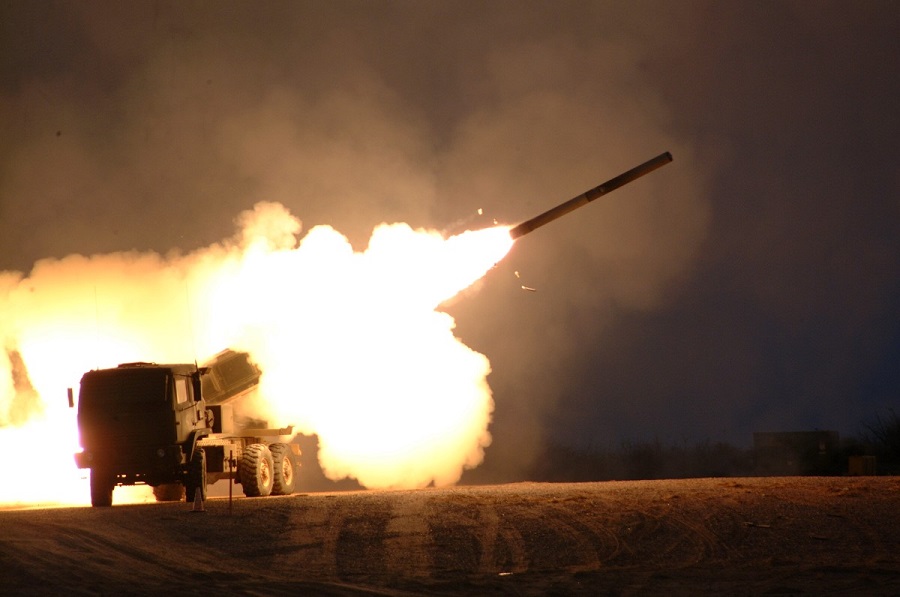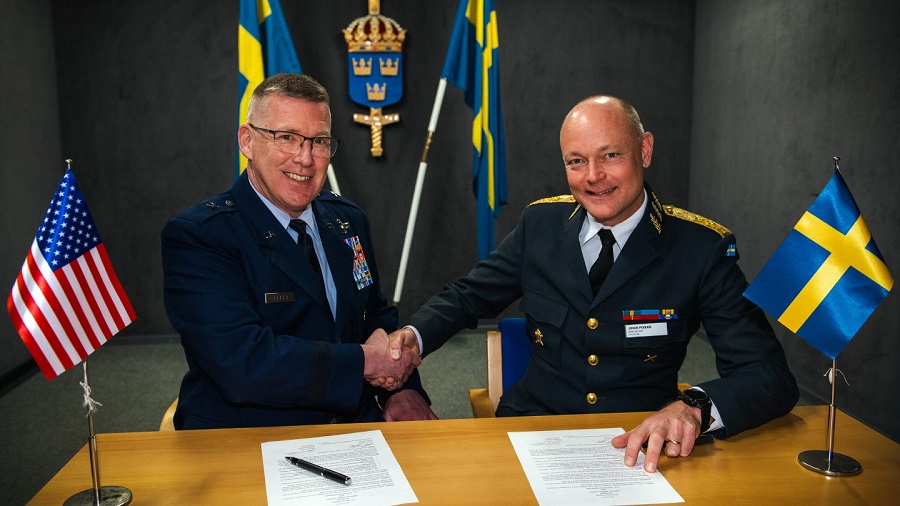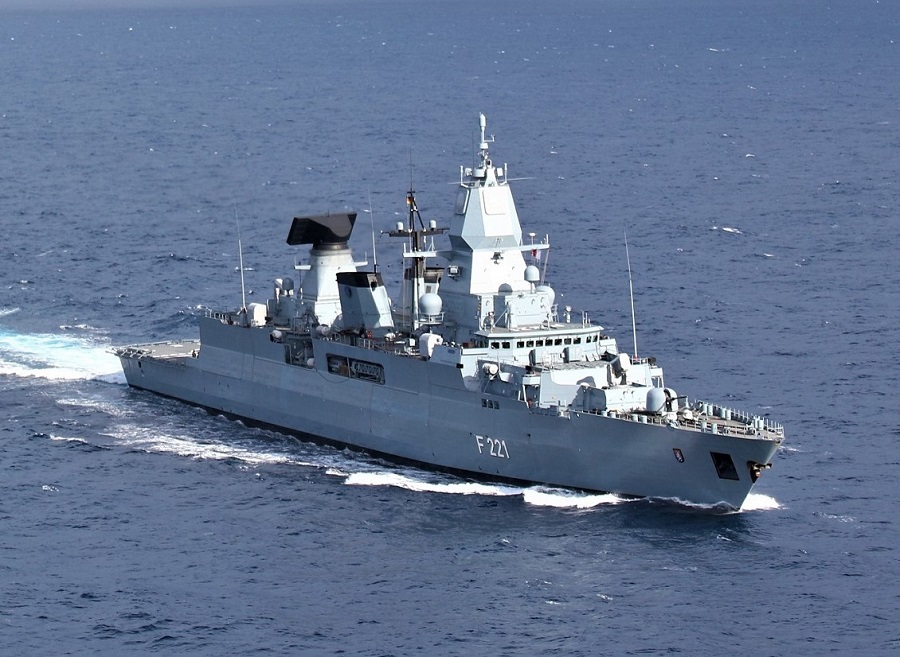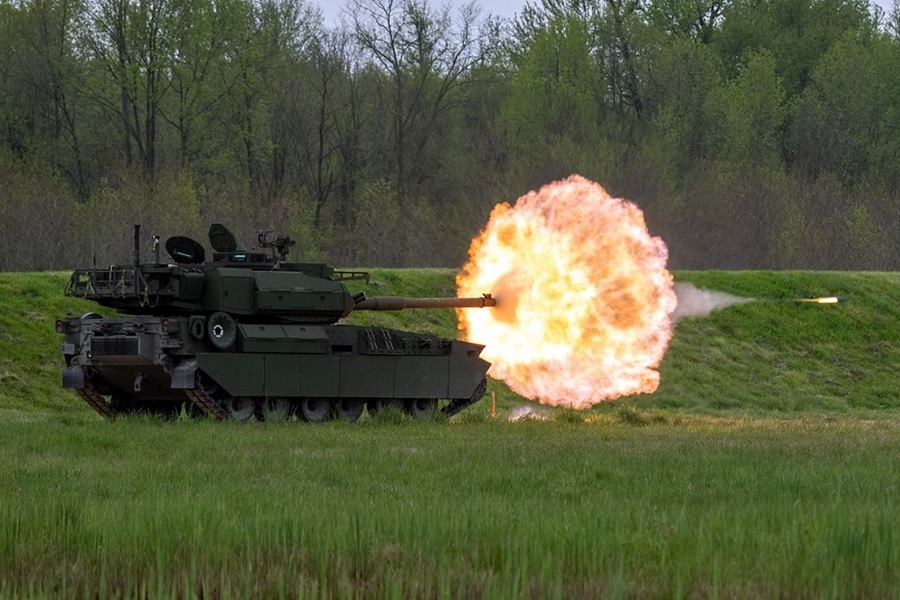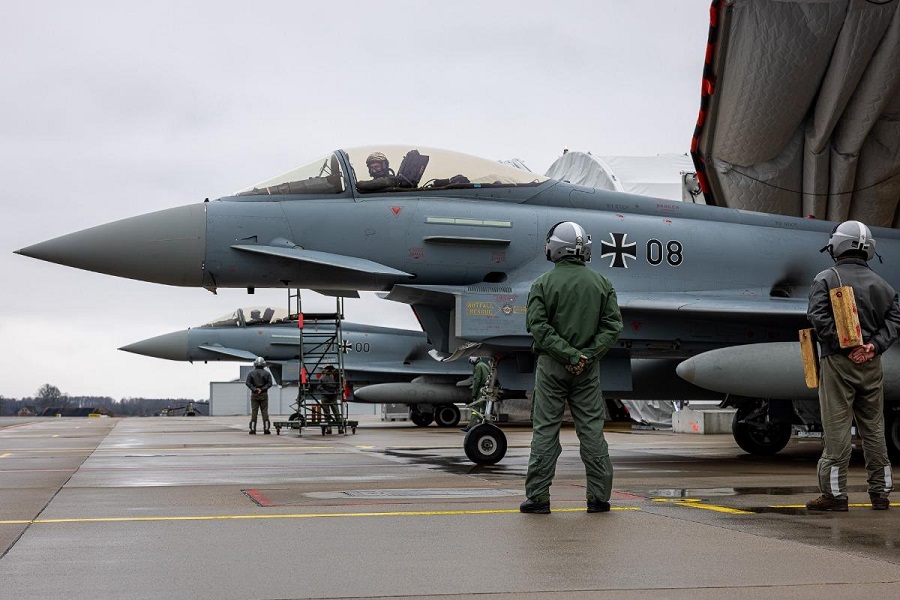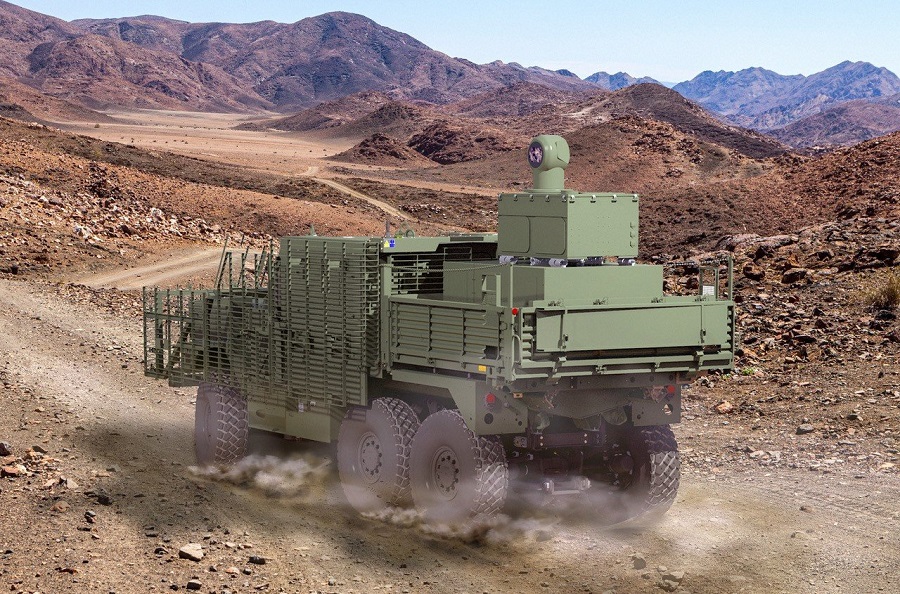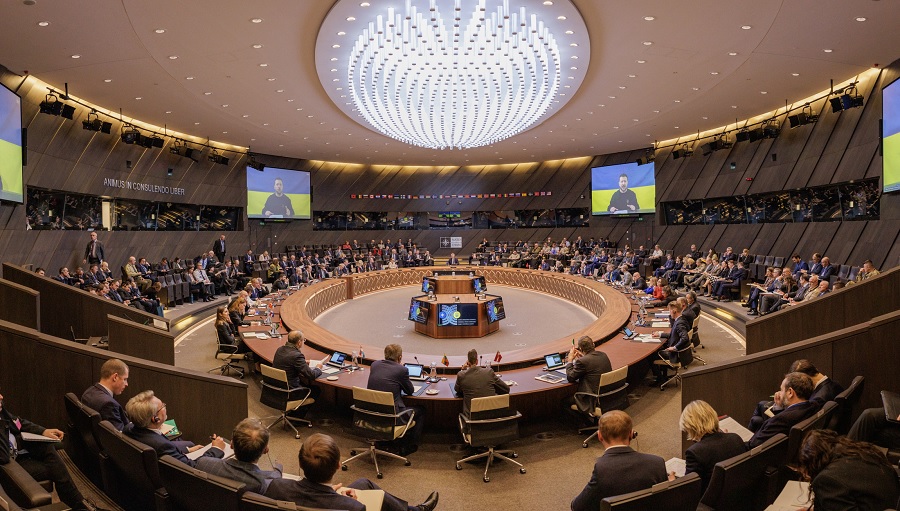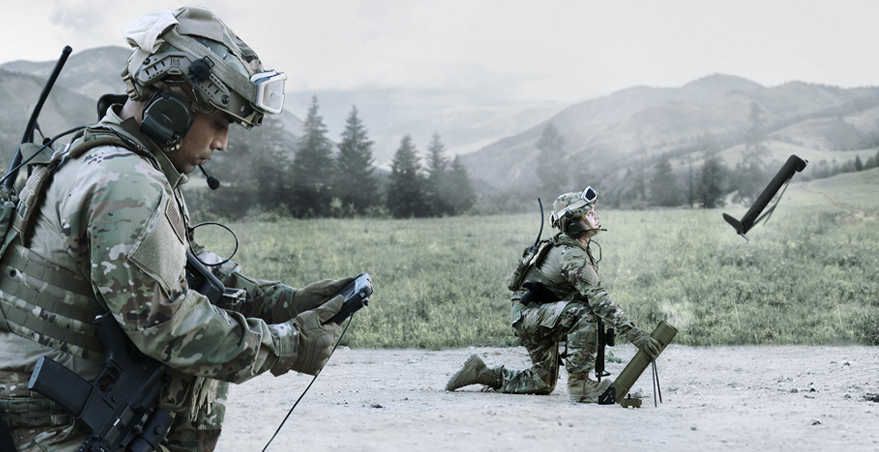In the first week of Adriatic Strike, exercise participants arrive, go through a familiarisation and indoctrination phase; the Slovenian Armed Forces set up command and control structures enabling safe execution of the complex multinational training drills taking place in the wider area and airspace of the Republic of Slovenia.
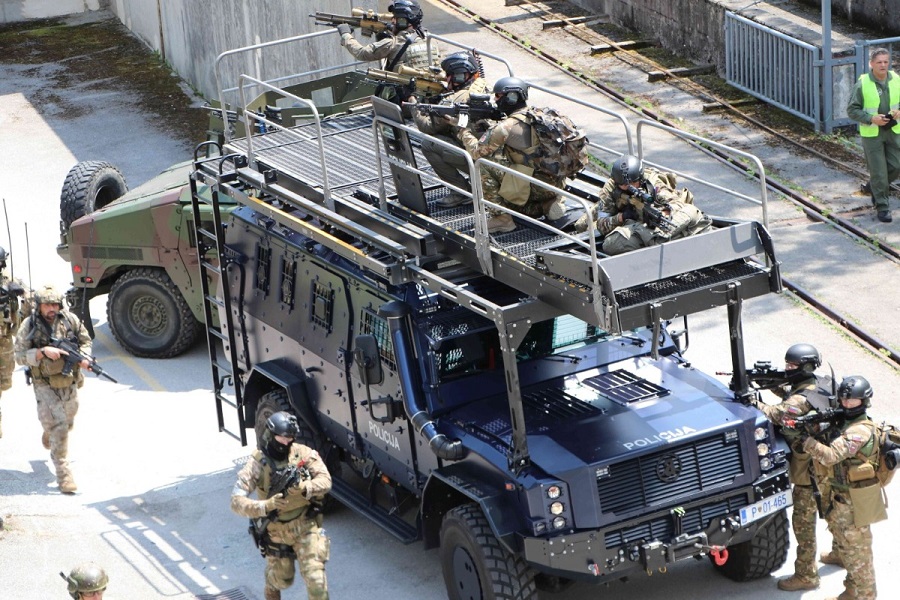
“Slovenia is proud about hosting this exercise which has become a traditional training event in the JTAC community’s calendar,” said COL GAUBE, Commander of the Slovenian Air Force. “We have once again set up the conditions for Allies and Partners to train their Air-Land-Integration skillsets in a safe environment. It is key that with this exercise we offer a multinational environment allowing our specialists to train and apply standardised tactics, techniques and procedures in a theatre-realistic setting,” he added.
The exercises includes some 800 participants, 400 of them from Albania, Austria, Belgium, Bosnia and Herzegovina, Canada, Croatia, Czech Republic, Denmark, Estonia, Finland, France, Germany, Greece, Hungary, Italy, Latvia, Lithuania, North Macedonia, Norway, Montenegro, the Netherlands, Poland, Romania, Slovakia, Spain, Switzerland, Turkey, United Kingdom and United States of America.

JTAC training are supported by helicopters, jets and propeller aircraft and unmanned aerial systems. Cerklje ob Krki and Brnik Air Bases host several aircraft, while others fly out of their home bases to conduct Close Air Support, convoy overwatch and other mission in support of the ground forces.
The main JTAC training takes place at four locations around Slovenia. At the main Slovenian Armed Forces training area in Postojna, aircraft, tanks and mortars provide live fire support, while in the general area of Bohinj, Idrija and Bela krajina aircraft simulate support missions.
The basic mission of JTACs is to provide the commander in the field with advice on the use of air and other types of fire support (sea-based, mortar, artillery). JTACs advise the commander on the proper use of fire support and control the operations once conducted. In the field, they provide support in the form of reconnaissance, convoy escorting and overwatch of the surroundings to provide comprehensive protection of friendly forces.


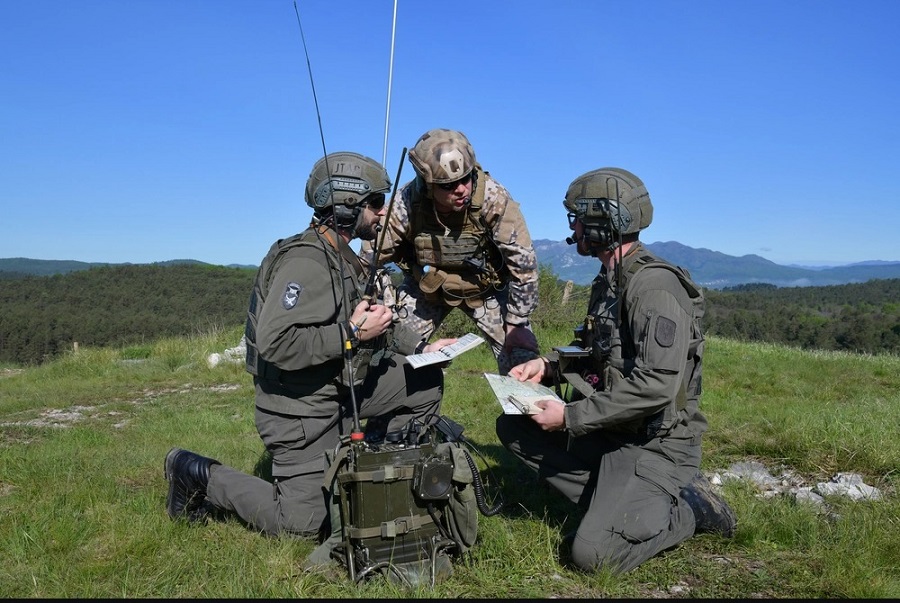
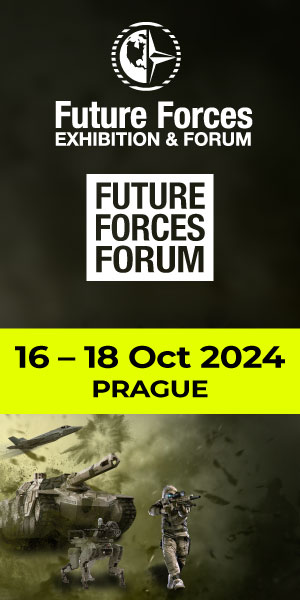
![BANS: innovative non-lethal VSHORAD system from Guardiaris [VIDEO]](https://defence-industry.eu/wp-content/uploads/2023/05/BANS-innovative-non-lethal-VSHORAD-system-from-Guardiaris-VIDEO.jpg)
